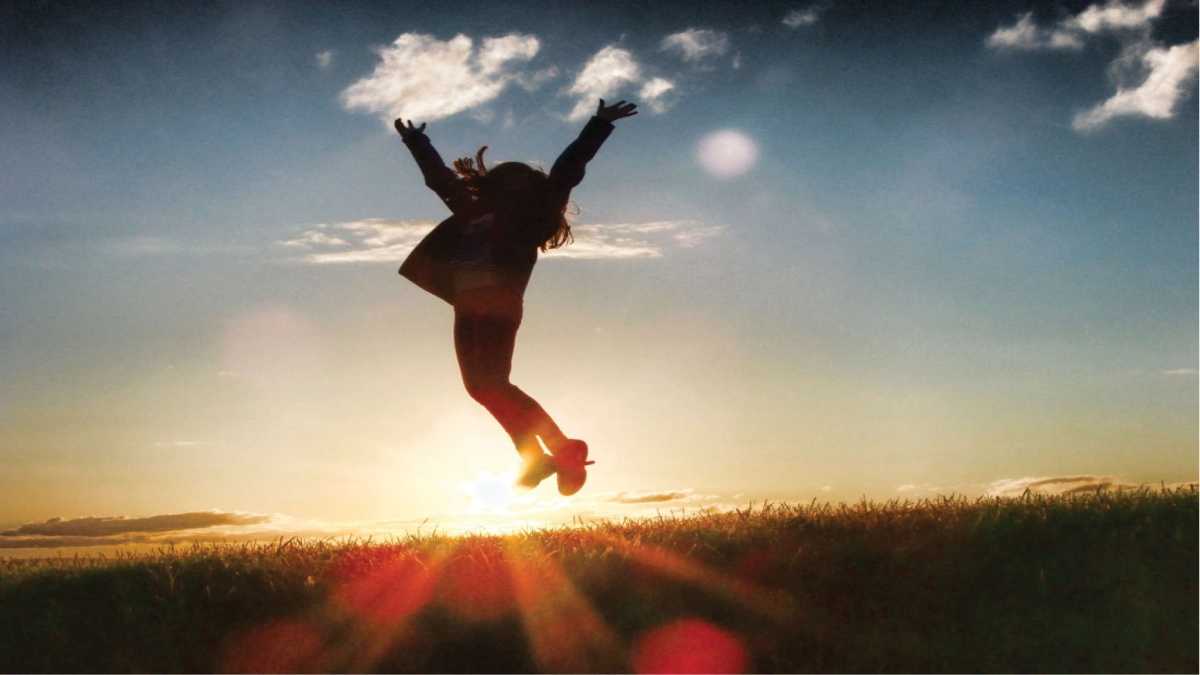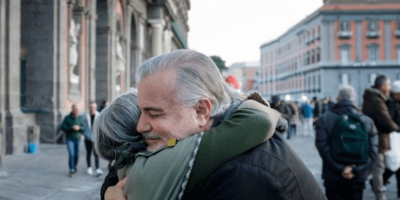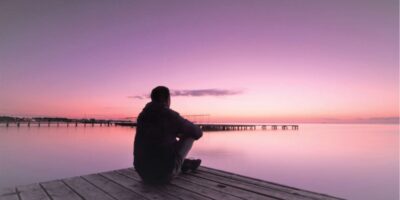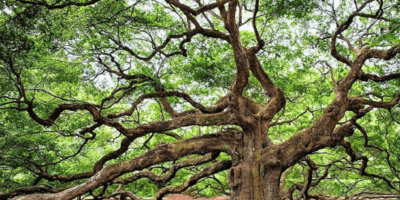- Home
- /
- Blog
- /
- Blogs
- /
- Meditation
- /
- What is true freedom?
What is true freedom?
- Yogesh Sharda
- September 12, 2021
In many parts of the world, people have freedom of movement, of speech, the freedom to preach and practise any religion. However, these freedoms can be taken away from you.
In many parts of the world, people have freedom of movement, of speech, the freedom to preach and practise any religion. However, these freedoms can be taken away from you.
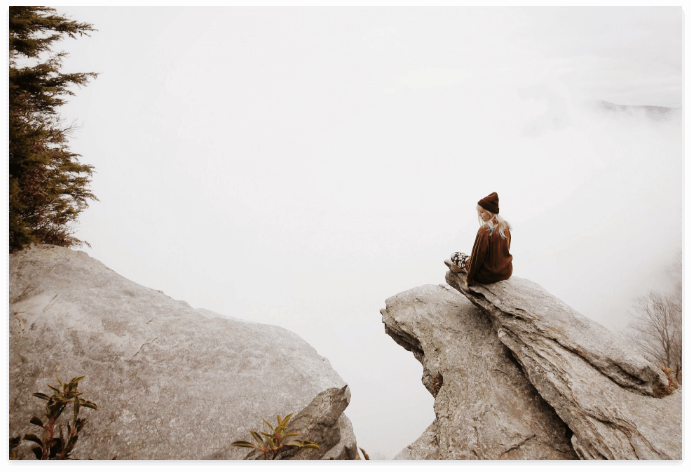
Generally, we believe that the behaviour of people, events, and circumstances are responsible for the way we feel. But one important principle in a life of spirituality is that my thoughts and emotional state are entirely my choice, and my responsibility.
There are some spiritual principles involved in taking charge of my inner world—owning my peace and happiness, and thinking and feeling what I want, whenever I want. The two foundations for growing internally are inner strength, and our perspective, or the way we see life.
What we choose to see in any situation decides how we feel, which in turn influences how we act. Our actions then shape our circumstances, relationships and our personal world.
We usually try to control events and other people, believing that will make us secure and happy. But if we do that, we will necessarily become stressed. Between me and the world outside is my mind. All I need to do is to shift my desire for control from outside to inside, and have control over my mind.
Like the body, the mind too has its mechanisms. The body needs sleep, food, air and water. Similarly, the mind needs silence. Just as there is a right time for eating and sleeping, there is a time for different mental tasks.
First thing in the morning, we need to engage with ourselves before we engage with others. Creating positive affirmations in the morning, and at least once more during the day, charges the battery of the soul. This mental energy helps to keep us stable.
During the day there are various challenges, and if we don’t want to lose our peace and happiness, this morning practice is essential. The empowerment it provides enables us to choose how we respond to different circumstances. When we lack inner strength, we get stressed and our response is emotional, not entirely in our control.
Stress is directly related to the pressures we face, and inversely proportional to our resilience. The more resilient we are, the lower our stress levels will be, regardless of the situation we are in.
We can develop resilience by strengthening our mind through meditation and having moments of silence during the day, and by upgrading our perspective, which means having a spiritual approach to people, situations and events.
We can choose to own our peace and happiness even if we do not have control over situations and people. If we respond in a meaningful, constructive way, we will find solutions where none seemed to exist.
This kind of a positive response is possible when we see things the right way, and one factor that decides our perspective is the context in which we see life.
If we see life as a battlefield, we will struggle against people, circumstances, and our own self. If life is a prison for us, where we find only suffering, we will be constantly trying to escape it. For some people, life is a business, where everything, including relationships, is judged in terms of profit and loss.
It is much better to see life as a school, where circumstances and people, especially difficult people, are our teachers. They teach us a better way to live.
The behaviour of different people may require us to raise the level of our tolerance, patience, courage, or forgiveness. As we imbibe these virtues and make them a part of our character, we grow spiritually, and are able to face challenges much more easily.
Every day offers opportunities to learn. If we have the attitude of a student, we will not complain about problems, and instead use them to become better informed, wiser, stronger.
This spiritual growth makes us realise that we have the freedom to think and act the way we want, without being hostage to situations or individuals. As we use this freedom, it becomes our natural asset—something we can put to good use for the self and others.
Yogesh Sharda is the National Coordinator of the Brahma Kumaris’ services in Turkey.

